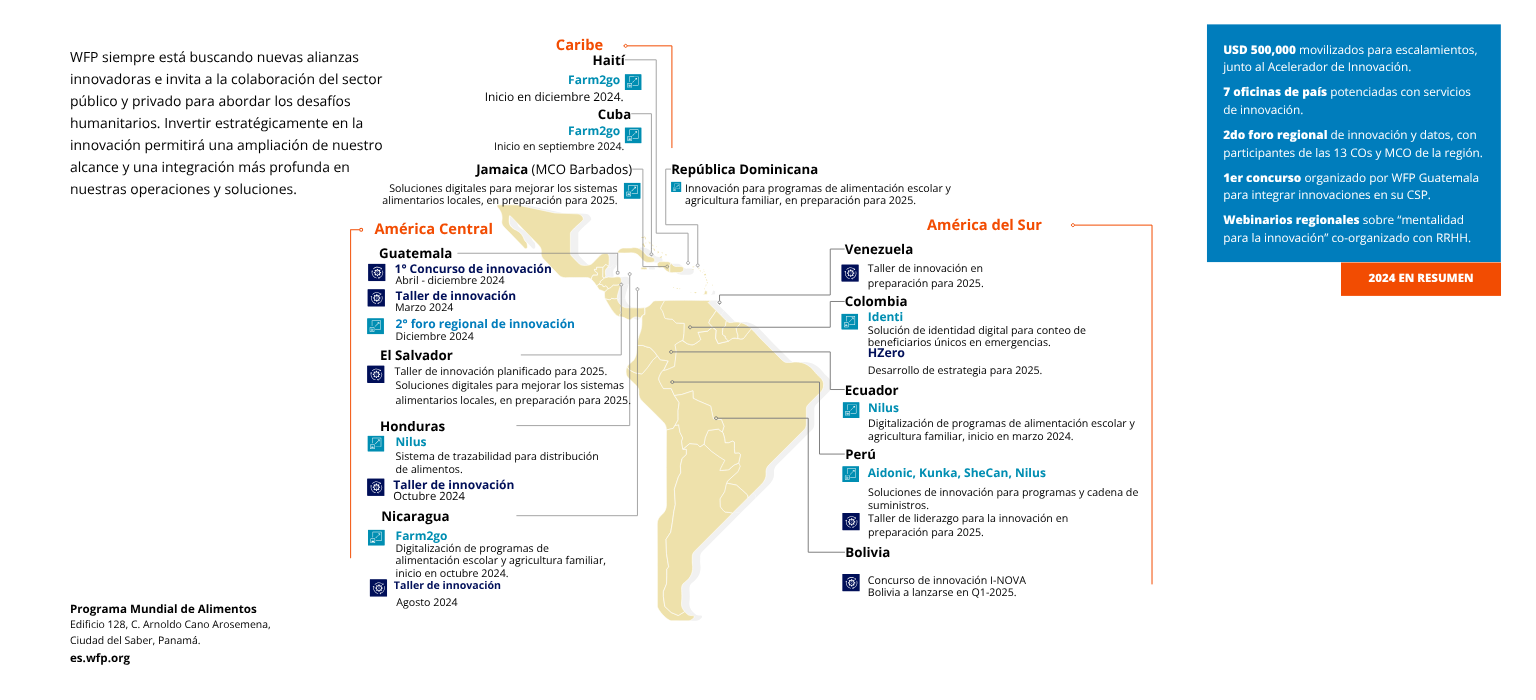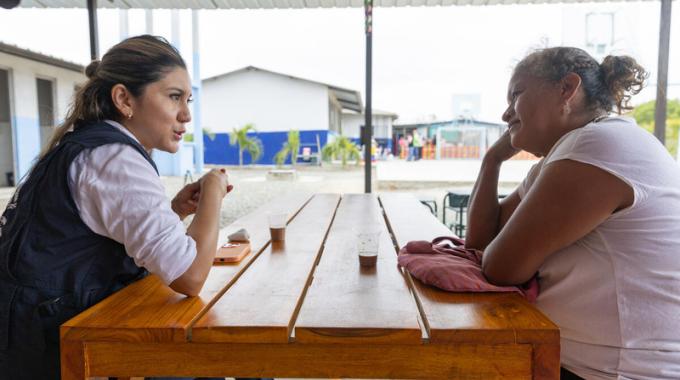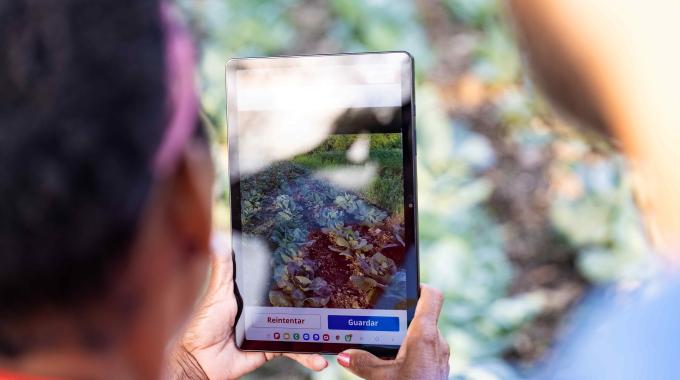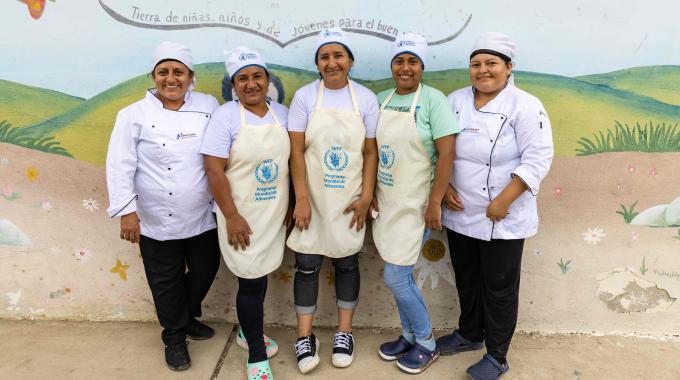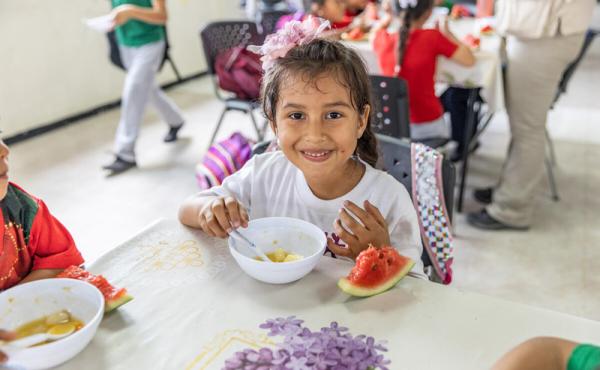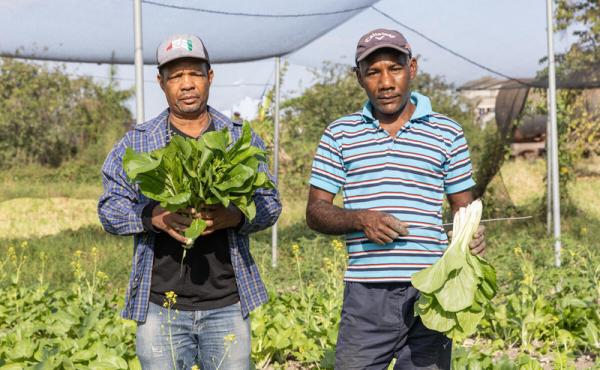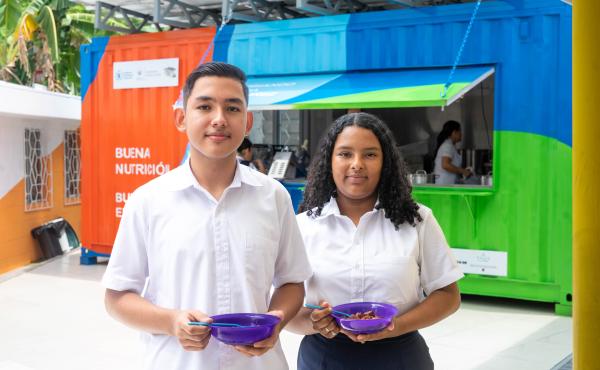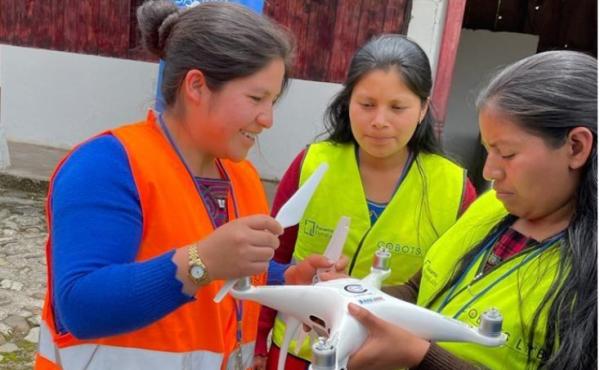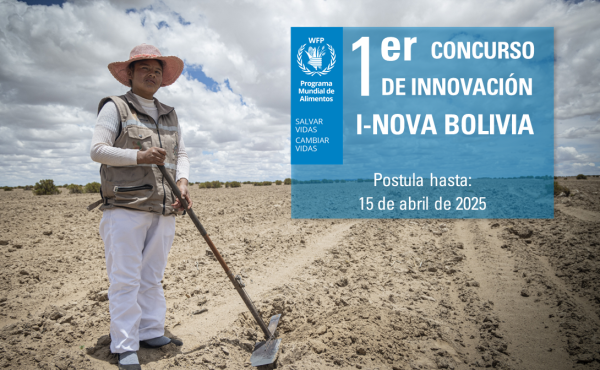USD 600,000 in catalytic funding, in cooperation with the Innovation Accelerator, to finance the scaling of digital solutions.
High-impact regional workshop “Leadership for Innovation" in Guatemala attended by 25 participants from all 13 country offices of the region plus the regional office.
2 open-innovation contests led by Guatemala and Bolivia, seeking innovative solutions and business models to integrate into their Country Strategic Plans’ activities.
The Innovation Mindset series—co-led by HR and Innovation in collaboration with WFP Colombia's Innovation Team—aims to foster a culture of innovation by empowering teams to turn challenges into opportunities through creative and collaborative thinking.
